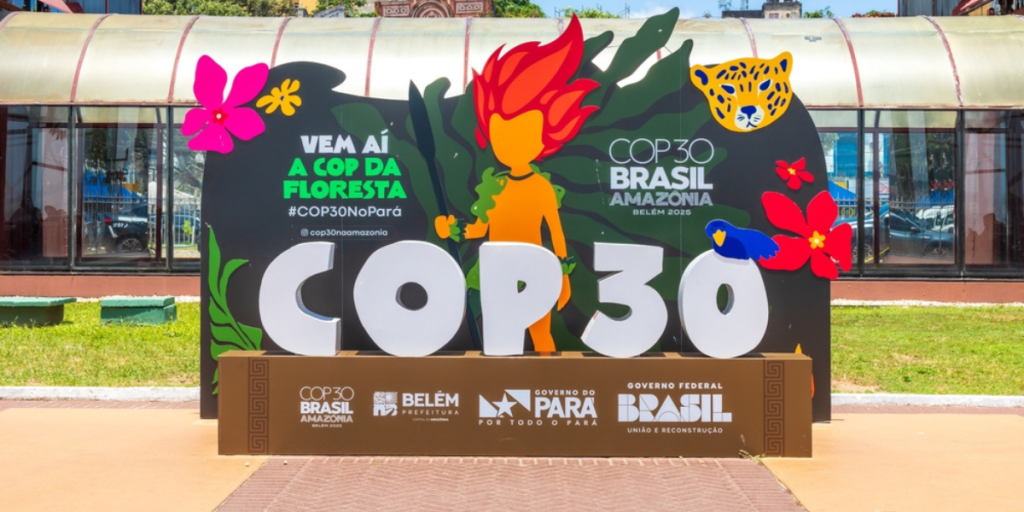We Can’t Eat Money
Others are reading now
We Can’t Eat Money
Protests at the Heart of Global Climate Politics
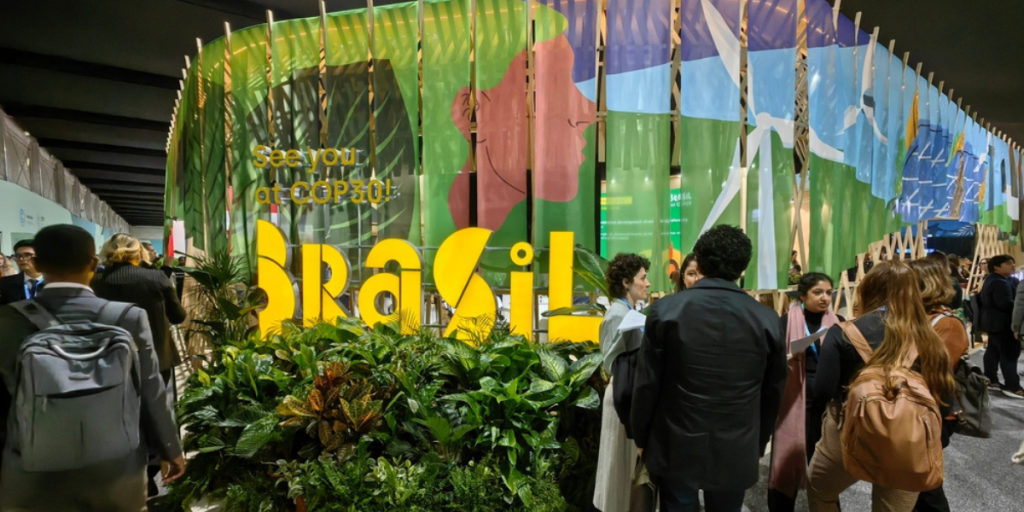
Major UN climate summits are usually tightly controlled spaces: long security lines, metal detectors, badges and careful choreography. At the same time, they are magnets for anger and frustration, especially from people who feel that climate decisions are made about their lands and lives without their consent.
When a COP is held on the edge of the Amazon rainforest, in a region marked by land conflicts and environmental destruction, the tension between order inside the venue and rage outside was always likely to surface. At COP30 in Belém, that tension finally boiled over.
Protesters Breach Security at COP30
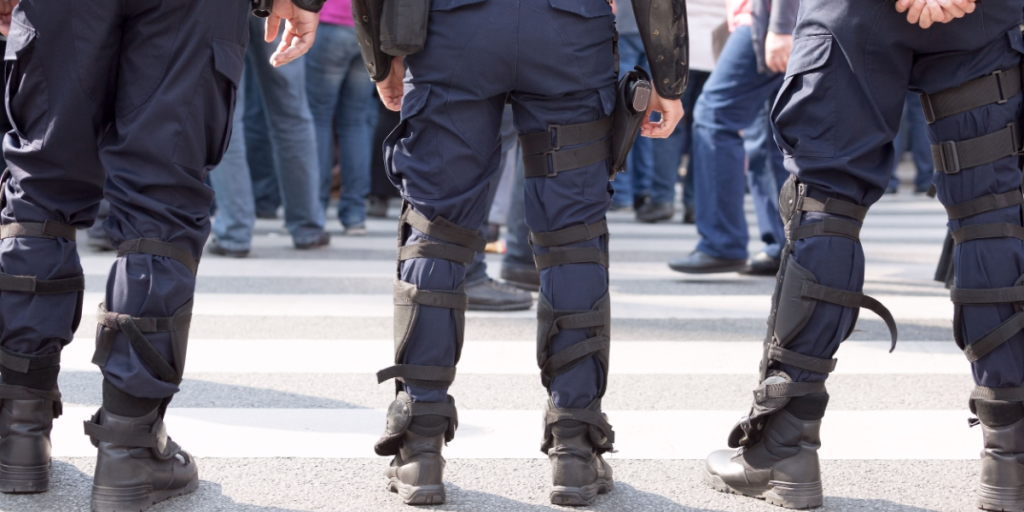
According to the Express, the talks were thrown into turmoil when protesters forced their way through security at the COP30 venue in Belém.
Some carried sticks, others held signs declaring that “our forests are not for sale” as they pushed past the first security barriers.
Also read
UN security staff were seen shouting for delegates to evacuate while trying to contain the crowd. The UN later confirmed to the BBC that two security personnel suffered minor injuries and that the building itself sustained only limited damage before the breach was halted.
Indigenous Anger and the Juntos Movement
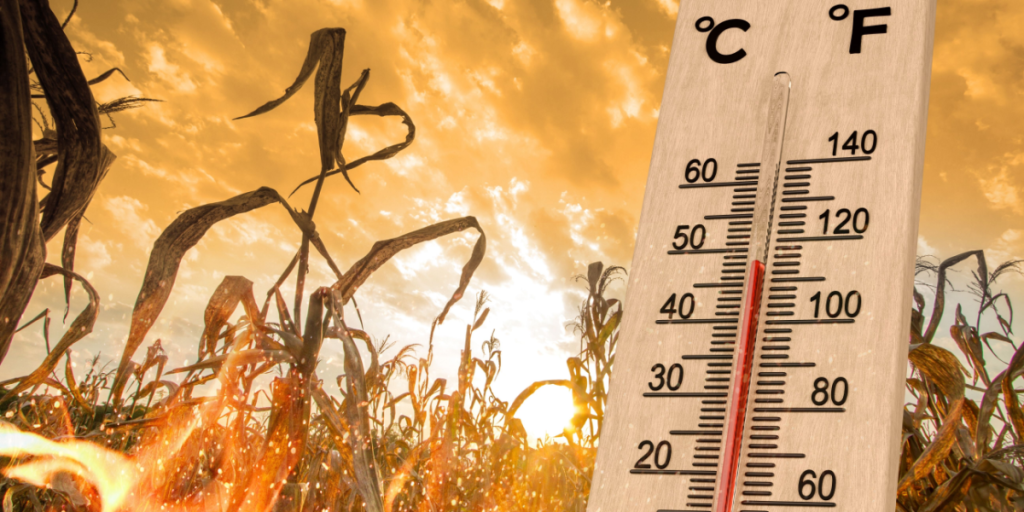
The Express reports that videos circulating online show demonstrators waving flags linked to Juntos, a left-wing Brazilian youth movement, alongside people in what appeared to be traditional Indigenous attire.
Footage shows protesters kicking doors, chanting and clashing with guards near the entrance. One security officer told Reuters he had been hit in the head by a drum thrown from the crowd. Brazilian and UN authorities have opened investigations.
The ‘Indigenous COP’ and Amazon Tensions
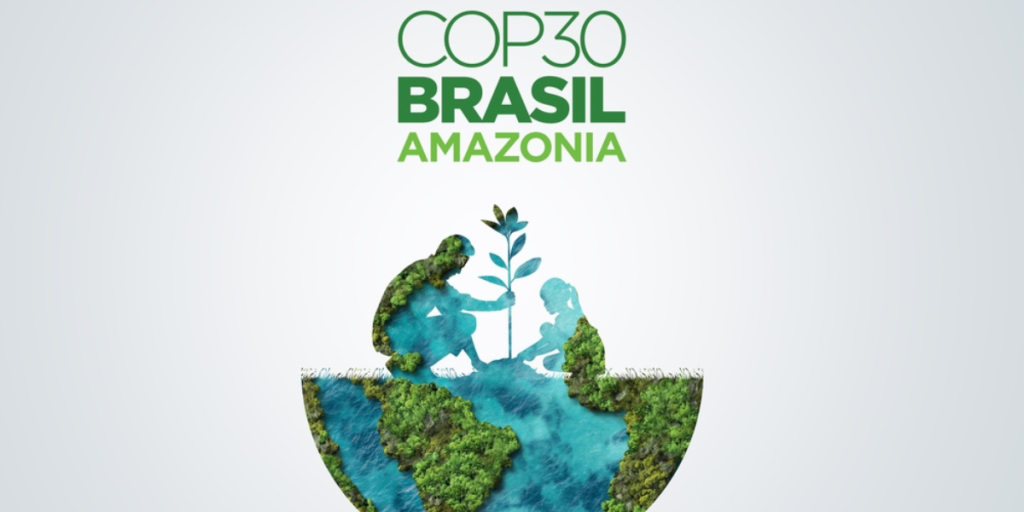
According to the Express, this year’s summit has been branded by organisers as the “Indigenous peoples COP”, with Brazil’s government promising to place Indigenous voices at the center of the talks. Brazil is hosting a COP for the first time, and Belém’s location on the fringe of the Amazon highlights the stakes: the forest is home to tens of millions of people and hundreds of Indigenous groups, yet also faces pressure from agribusiness, mining, oil and logging.
An Indigenous leader from the Tupinamba community told the BBC, “we can’t eat money,” calling for their territories to be free from industrial exploitation. Brazil’s minister for Indigenous Peoples described the meeting as historic, estimating that around 3,000 Indigenous participants would attend.
Also read
A UN report released earlier in the year found that Indigenous communities protect roughly 80% of the planet’s remaining biodiversity while receiving less than 1% of international climate finance. In his opening speech, President Luiz Inácio Lula da Silva urged the world to defeat climate denial and misinformation, calling the Amazon a key part of the climate solution and promising that COP30 would be a “COP of truth”.
What We’ve Learned
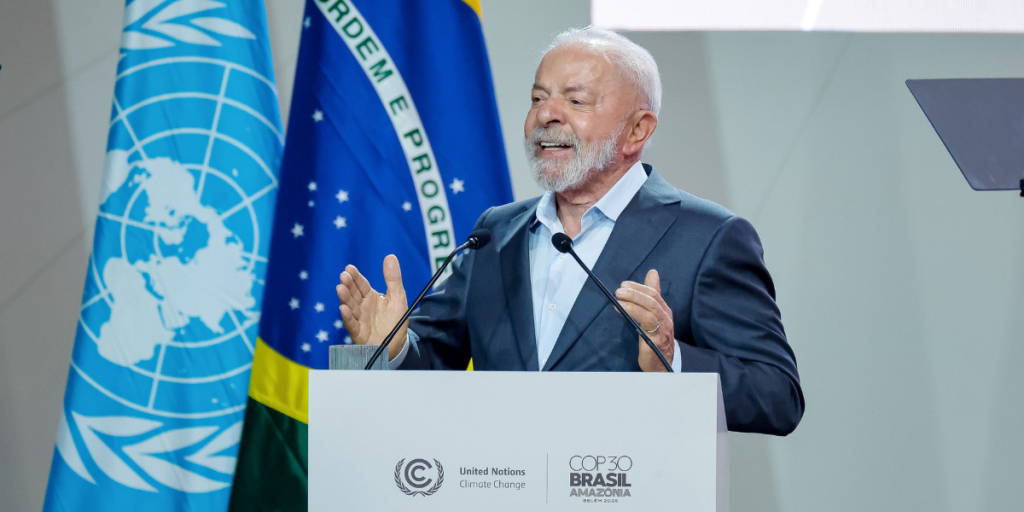
Seen together, the scenes in Belém underline how fragile the line is between formal negotiation halls and the raw conflicts playing out on the ground. The protest at COP30 didn’t come out of nowhere: it grew out of long-standing grievances over land, resources and the pace of climate action in the Amazon.
At the same time, the summit is trying to present itself as a turning point, giving Indigenous peoples a more central role and framing the forest as essential to any global solution. The fact that a high-security UN conference was physically breached shows how much anger and urgency are now pressing in on these diplomatic spaces.
A Climate Summit Under Pressure

The disruption at COP30 is a reminder that climate diplomacy doesn’t happen in a vacuum. For communities who live with deforestation, pollution and violence, a climate summit on their doorstep is not just a set of speeches but a stage on which to demand recognition and justice.
As the world approaches critical climate thresholds, tensions around who pays, who benefits and who decides are only likely to grow sharper. Whether COP30 is remembered mainly for security failures or for meaningful steps on forests and Indigenous rights will depend on what happens after the doors are repaired and the protesters go home.

